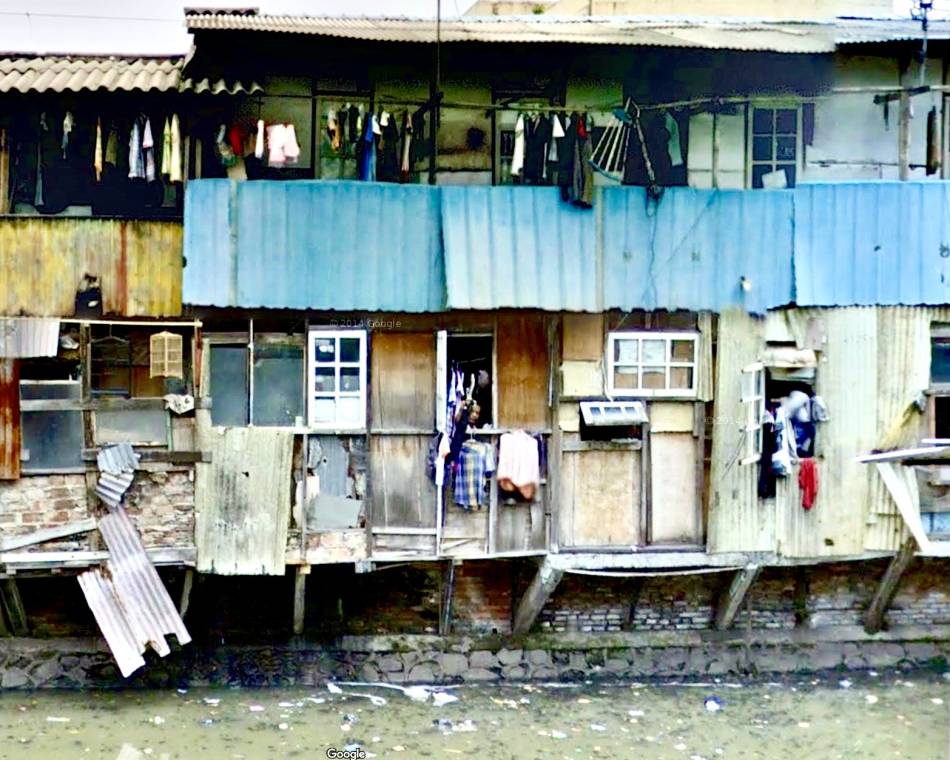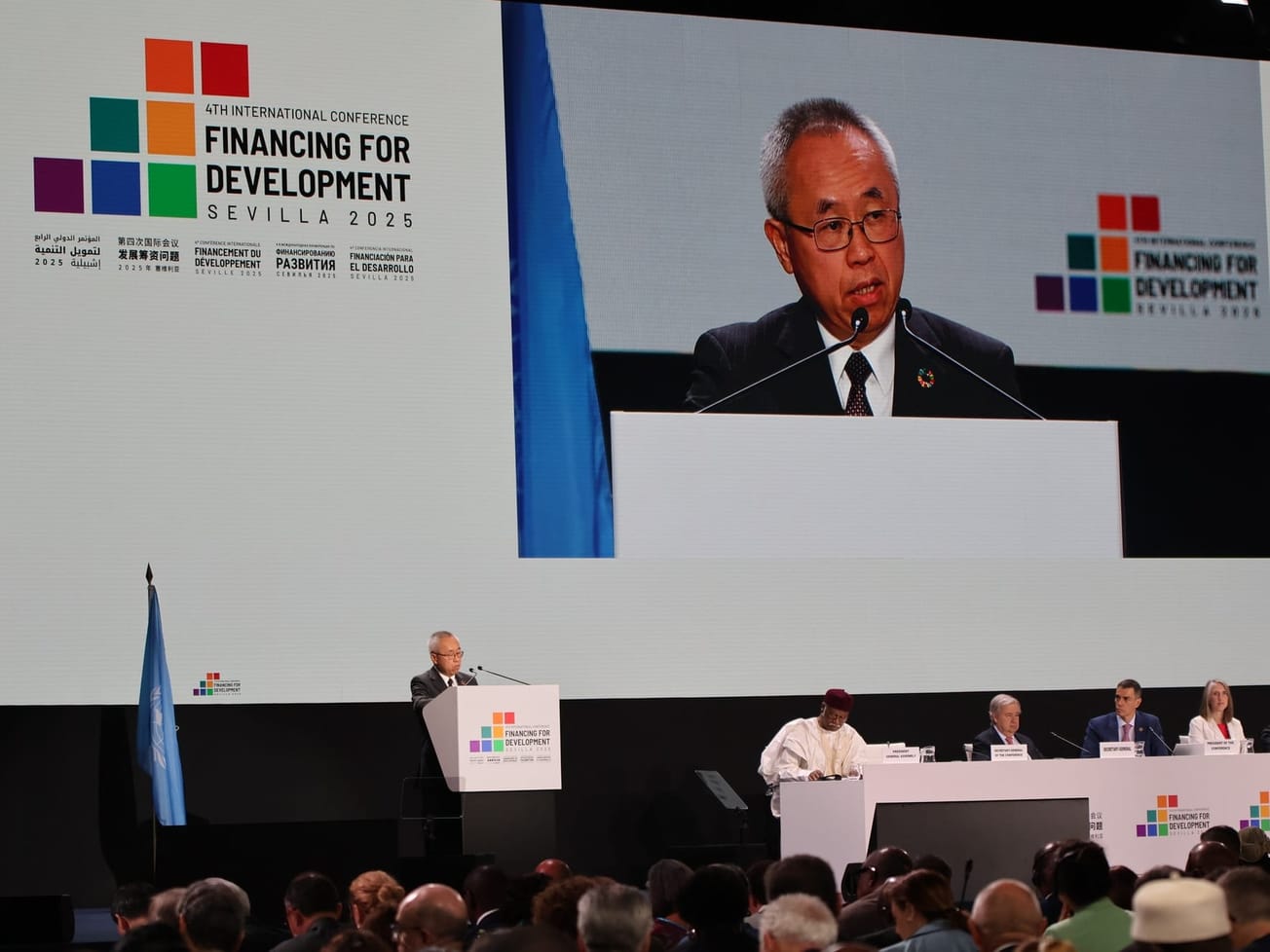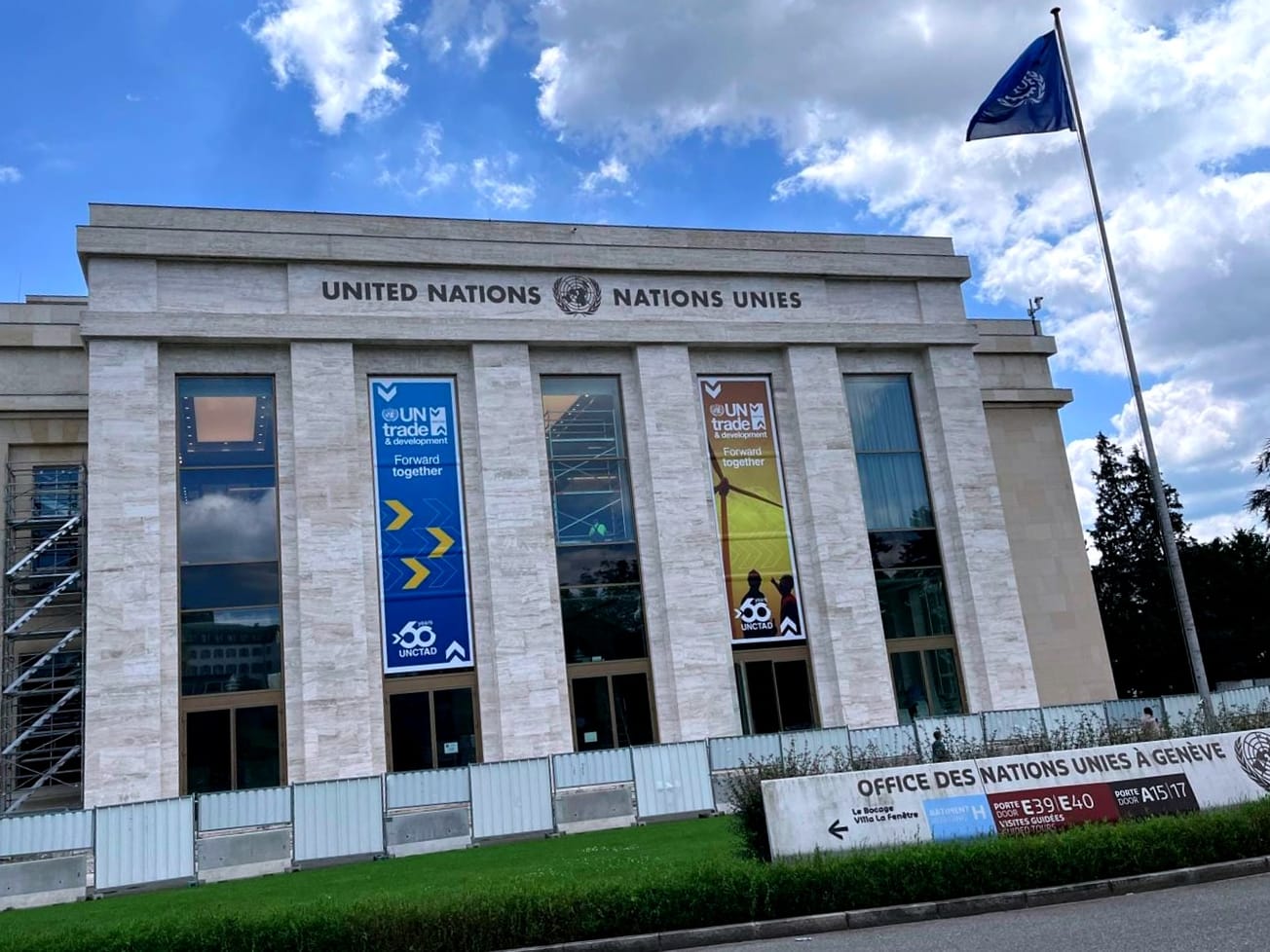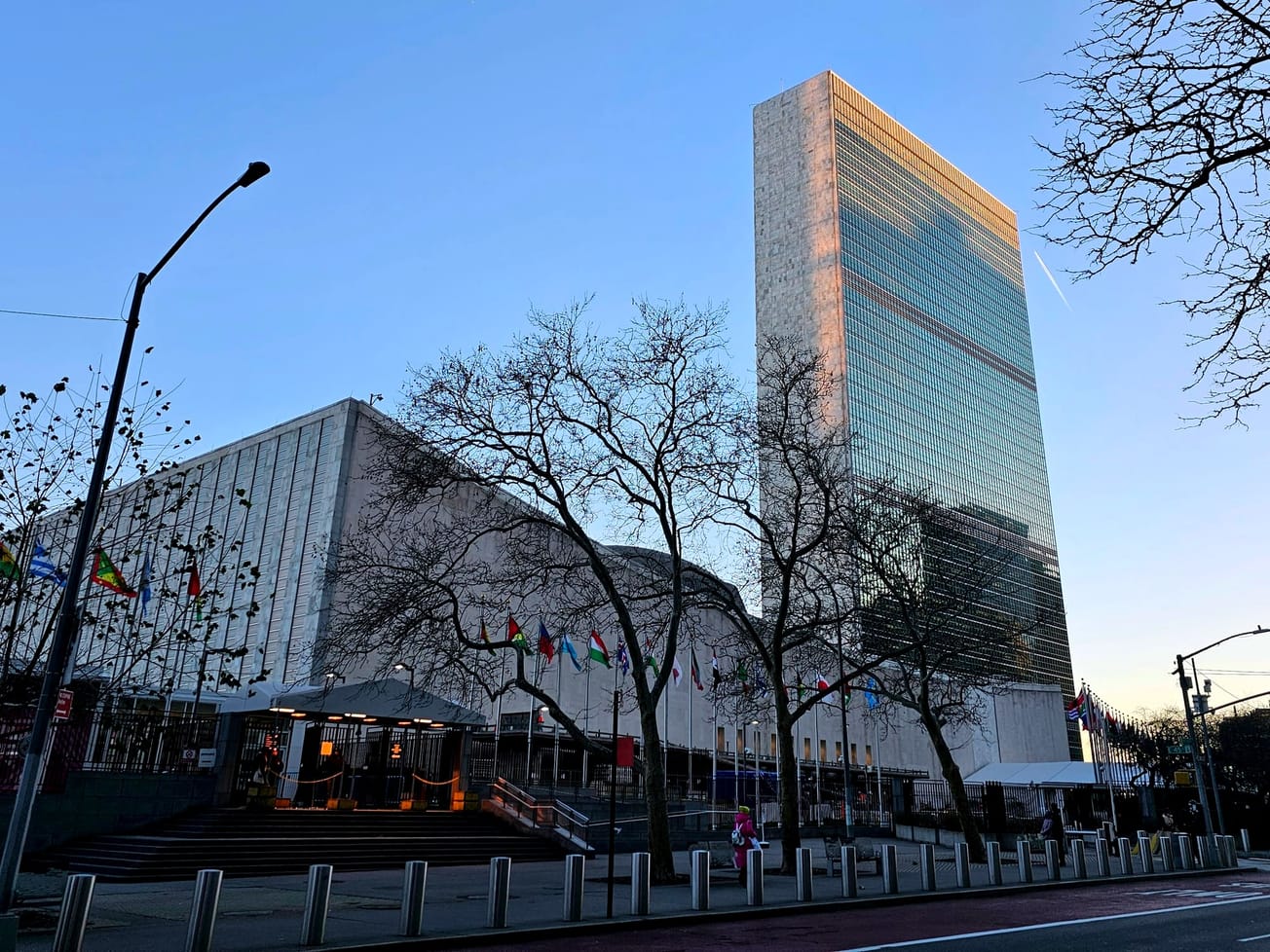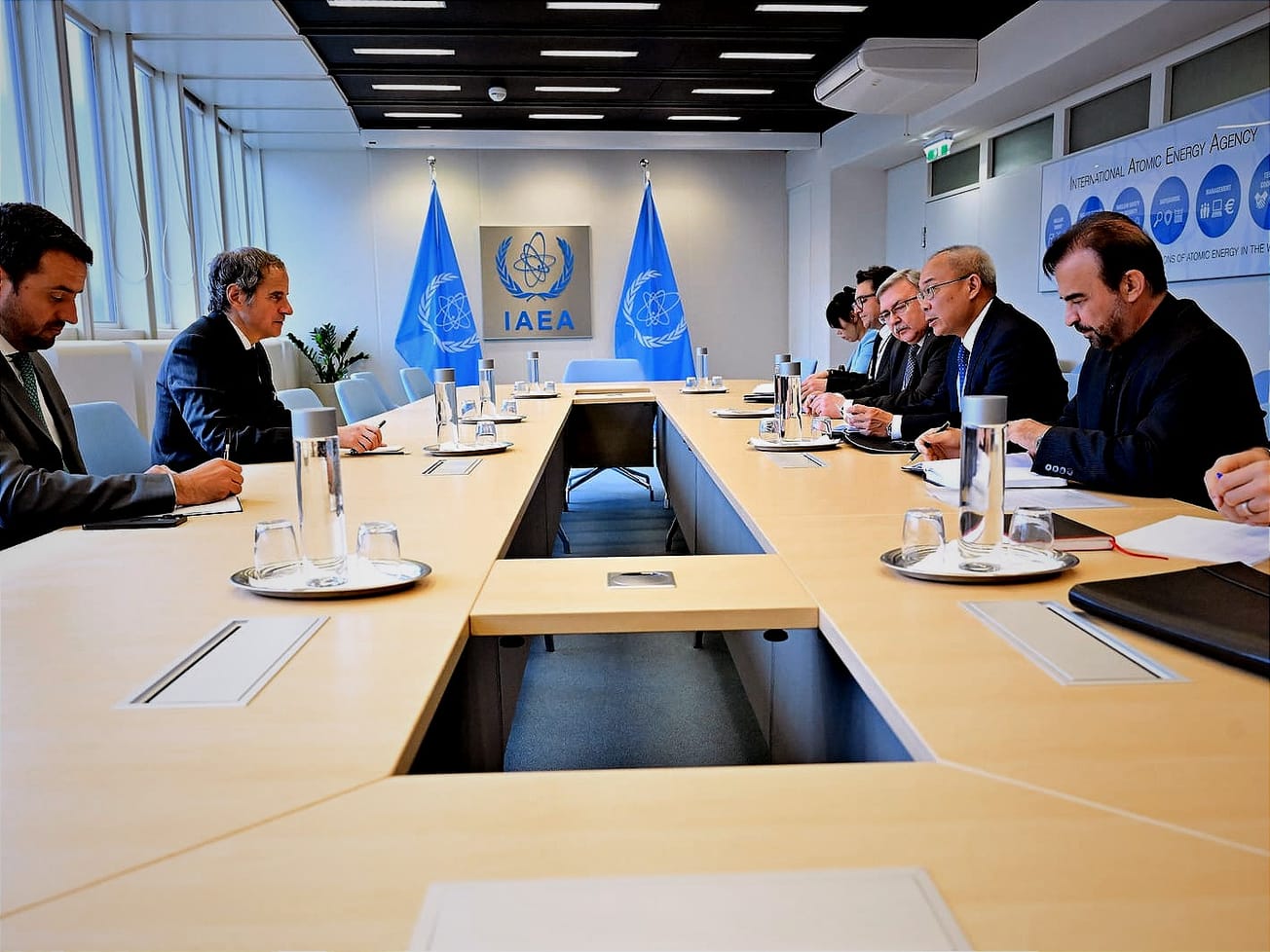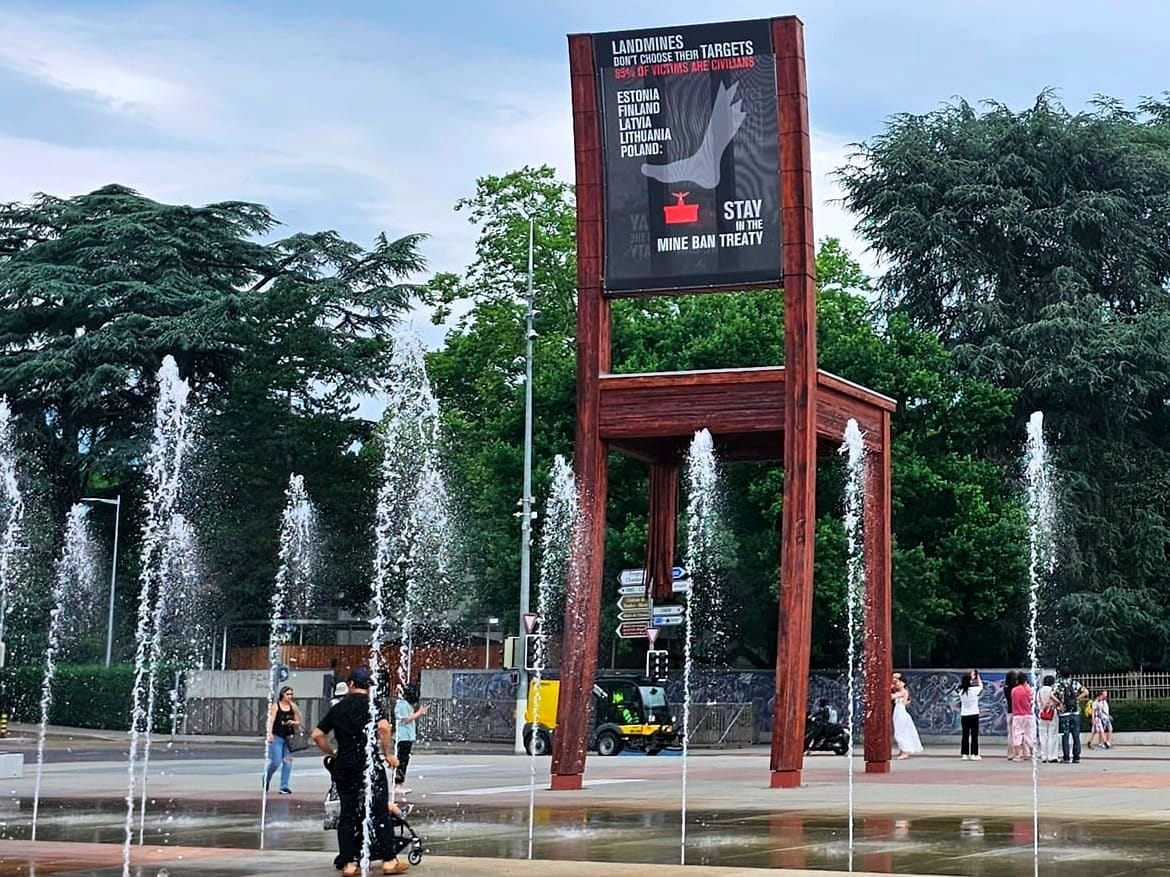GENEVA (AN) — Skyrocketing food and energy prices caused by Russia's invasion of Ukraine pushed 71.5 million more people into extreme poverty particularly in some of the poorest parts of Africa, Asia and Europe, the United Nations Development Program reported on Thursday.
UNDP blamed the "ripple effects" from the Russian invasion on February 24 for the disruptions in food and energy markets that brought on inflation, hitting those already living in poverty and near-poverty the hardest.

